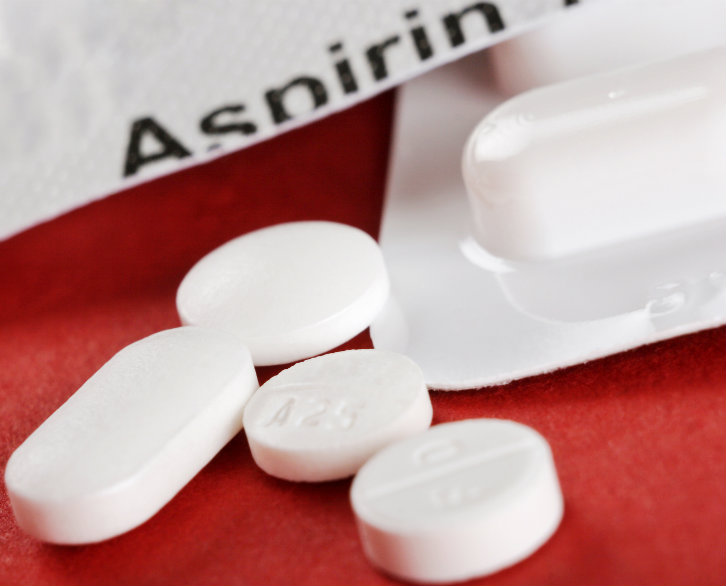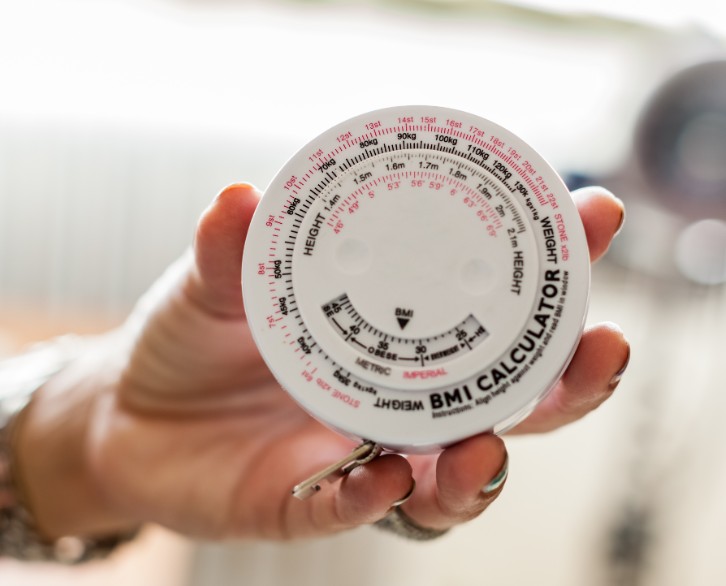
After weight loss surgery, regardless of procedure, the size of the stomach and/or the structure of the digestive system is changed in ways that prevent the patient from taking in too much food. The severe restriction of calorie intake is what causes the weight loss. But lesser-known is that bariatric surgery can also make the stomach more sensitive to some medications and cause malabsorption of others.
Here’s a guide to medications that are off-limits, the reasons why, and what you can use instead.
How Does Bariatric Surgery Affect Digestive Processes?
In general, both the therapeutic effects and the side effects associated with any medication can be different in a bariatric surgery patient – either lessened or magnified. It helps to realize how each procedure affects the stomach and intestines:
- Gastric bypass: The surgeon divides the patient’s stomach, leaving only a small portion in use. That portion is connected to the small intestine, which also has been reduced. Since there is a much smaller stomach pouch and a reduced small intestine, fewer calories – and nutrients – are absorbed.
- Gastric sleeve (or endoscopic sleeve gastroplasty): The majority of the stomach is removed and the part that remains is long and skinny, like a sleeve. Because the stomach is as much as 80 percent smaller, the patient eats much less food. But absorption of calories and nutrients remains the same as before.
- Biliopancreatic diversion with duodenal switch: As in the gastric sleeve, the surgeon removes a large part of the stomach but leaves it connected to the beginning of the small intestine (the duodenum). The middle part of the small intestine is bypassed and the duodenum is attached to the lower portion. Because of this bypass, absorption of calories and nutrients is limited.
- Gastric banding: An adjustable, inflatable band is inserted laparoscopically and placed around the upper part of the stomach, and a small port is inserted under the skin. Through the port, the doctor fills the band with saline solution, adjusting its size. The amount a patient can eat at one time is restricted, but there’s no change in how calories or nutrients are absorbed.
- Gastric balloon: A balloon is placed in the patient’s stomach (through the esophagus), and is then filled with saline. Because the stomach can’t hold as much food, the patient loses weight. But there’s no change to digestive processes or the intestines.
Patients who undergo gastric bypass surgery or biliopancreatic diversion with duodenal switch surgery have the most restrictions on medications post-procedure. They are the two surgeries where the digestive process and the small intestine are affected.
Patients who undergo gastric sleeve, gastric banding, or gastric balloon procedures do not have problems with absorption of the medication, but since the size of the stomach is limited, they may develop issues with non-steroidal anti-inflammatory (NSAID) medications if the stomach lining becomes irritated.
What Medications Should You Avoid After Gastric Bypass Surgery?
After gastric bypass surgery or biliopancreatic diversion with duodenal switch surgery, you should avoid the following medications:
- Alka Seltzer products (ingredients include aspirin)
- Aspirin products (all brand names and generics, including baby aspirin and enteric-coated aspirin)
- Bismuth Subsalicylate (Pepto-Bismol products), which is included in NSAIDs due to salicylate
- Celebrex (an NSAID)
- Coricidin cold medicines
- Corticosteroids (prednisone, cortisone) as it can contribute to ulcers
- Fiorinal (contains aspirin)
- Ibuprofen (an NSAID, common brand names are Advil, Motrin)
- Naproxen (an NSAID, common brand name is Aleve)
- NSAIDs in general (non-steroidal anti-inflammatory drugs), including aspirin, ibuprofen, naproxen
And keep these three general cautions in mind:
- Large capsules and tablets can become lodged in new, smaller pathways. Your surgeon may recommend that patients crush or chew tablets, empty capsules when appropriate, or take liquid or sublingual medicine.
- Time-release medicines and medicines that are enteric-coated can be difficult for the body to absorb after bariatric surgery. These are often not crushable.
- Prescription medicines may need to be adjusted over time due to any changing health conditions. Heart, hypertension and diabetes medicine, for instance, may need to be reduced if those conditions improve with weight loss; antidepressant doses may need to be increased due to a reduction in absorption. And oral contraceptives may not be reliable due to lower absorption, so alternative conception methods are recommended.
What Medications Can You Take After Bariatric Surgery?
In terms of over-the-counter medicines that are safe to take after gastric bypass surgery or biliopancreatic diversion with duodenal switch surgery, these are the recommendations:
| Purpose of Medication | Bariatric-Friendly Medications |
| Pain relief | - Tylenol (acetaminophen) - Panadol (paracetamol) |
| Allergies | Benedryl (diphenhydramine HCl) |
| Cold or flu | - Benedryl (diphenhydramine HCI) - Dimetapp (brompheniramine maleate, pseudoephedrine HCl) - Robitussin (dextromethorphan polistirex) - Sudafed (pseudoephedrine HCl) - Triaminic (acetaminophen, dextromethorphan HBr) - Tylenol cold products (acetaminophen, aextromethorphan HBr, phenylephrine HCl) |
| Acid reduction (proton pump inhibitors) | - Prilosec (omeprazole magnesium) - Prevacid (lansoprazole) - Nexium (esomeprazole magnesium |
| Gas relief | - Gax-X (simethicone) - Phazyme (simethicone, calcium carbonate) |
| Suppositories | - Dulcolax (bisacodyl) - Glycerin |
Formulas sometimes differ within brand names. To learn the active ingredients in any brand-name medication, you can search the U.S. National Library of Medicine’s DailyMed site.
Ask Your Doctor about Bariatric-Friendly Medications
Regardless of what kind of bariatric procedure you have, to talk with your doctor about which medications are approved for you to take. Every individual is different; what is fine for one person may be problematic for another. Every medication has side effects, and some medications are associated with the possible risk of weight gain, which your doctor may want to change.
The Soma Care Team continues to work with patients well after their surgery to ensure optimal healing. We are dedicated to helping you achieve your wellness goals. Ask us what weight loss surgery is like with Soma Weight Loss.




